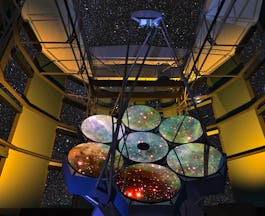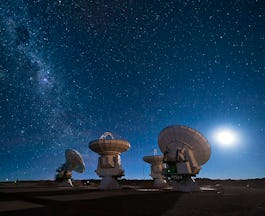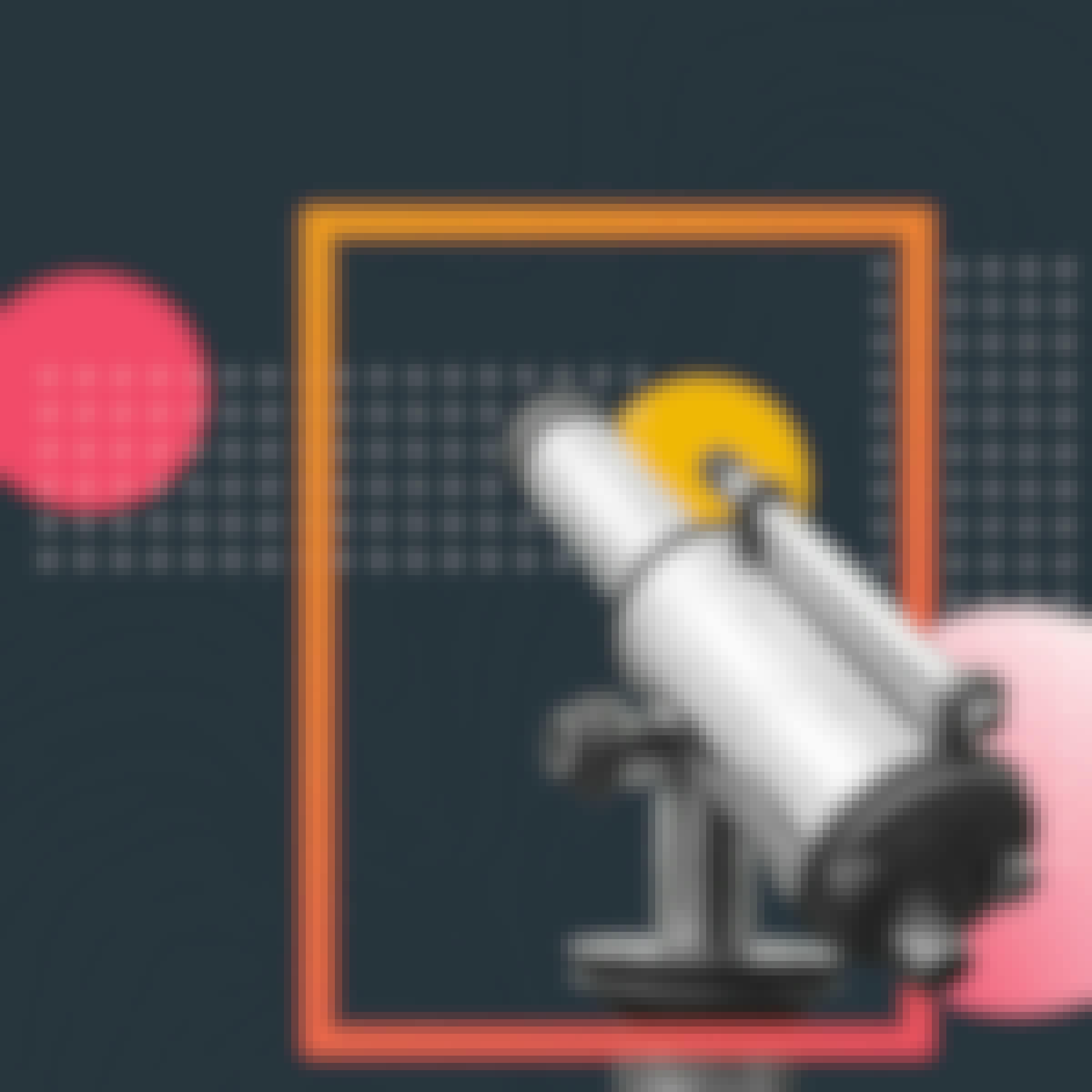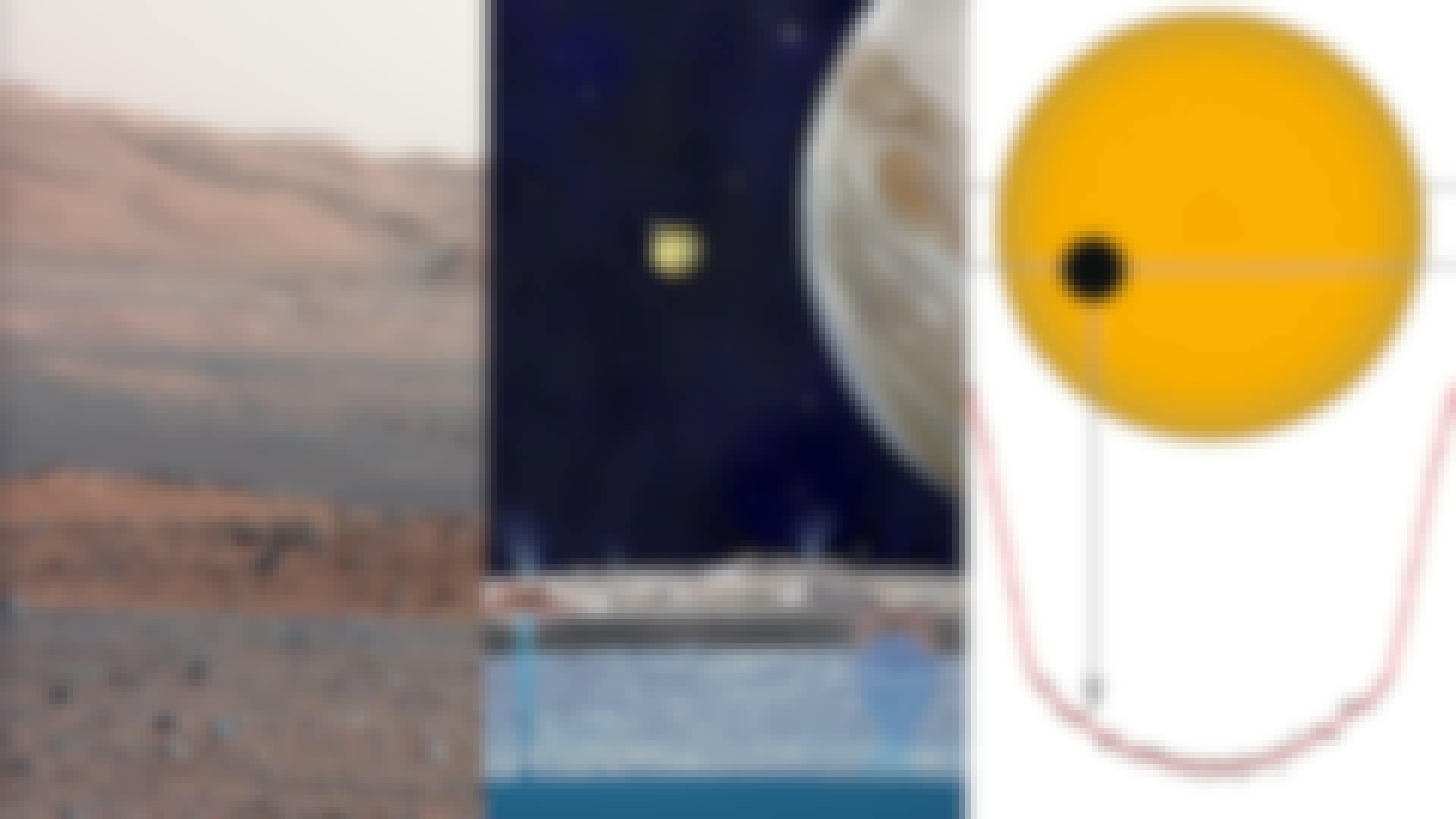Filter by
The language used throughout the course, in both instruction and assessments.
996 results for "astronomy"
 Status: Free
Status: FreeUniversity of Arizona
 Status: Free
Status: FreeUniversity of Arizona
 Status: Free
Status: FreePolitecnico di Milano
 Status: Free
Status: FreeThe University of Edinburgh
 Status: Free
Status: FreeThe University of Tokyo
Skills you'll gain: Critical Thinking
 Status: Free
Status: FreeUniversity of Rochester
 Status: Free
Status: FreeUniversity of Arizona
 Status: Free
Status: Free Status: Free
Status: FreeCaltech
 Status: Free
Status: FreeRutgers the State University of New Jersey
 Status: Free
Status: FreeThe University of Edinburgh
 Status: Free
Status: FreeStanford University
Skills you'll gain: Critical Thinking
Searches related to astronomy
In summary, here are 10 of our most popular astronomy courses
- Astronomy: Exploring Time and Space: University of Arizona
- Astrobiology: Exploring Other Worlds: University of Arizona
- Archaeoastronomy: Politecnico di Milano
- AstroTech: The Science and Technology behind Astronomical Discovery: The University of Edinburgh
- From the Big Bang to Dark Energy: The University of Tokyo
- Confronting The Big Questions: Highlights of Modern Astronomy: University of Rochester
- Knowing the Universe: History and Philosophy of Astronomy: University of Arizona
- The Science of the Solar System: Caltech
- The Evolving Universe: Caltech
- Analyzing the Universe: Rutgers the State University of New Jersey










